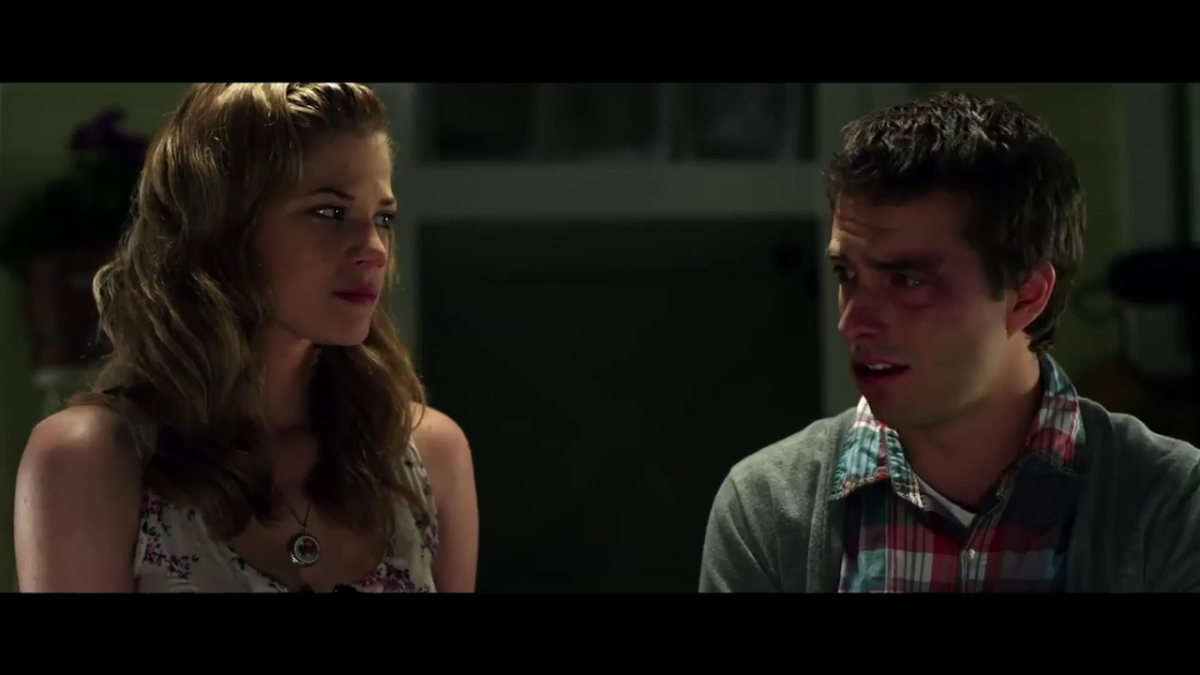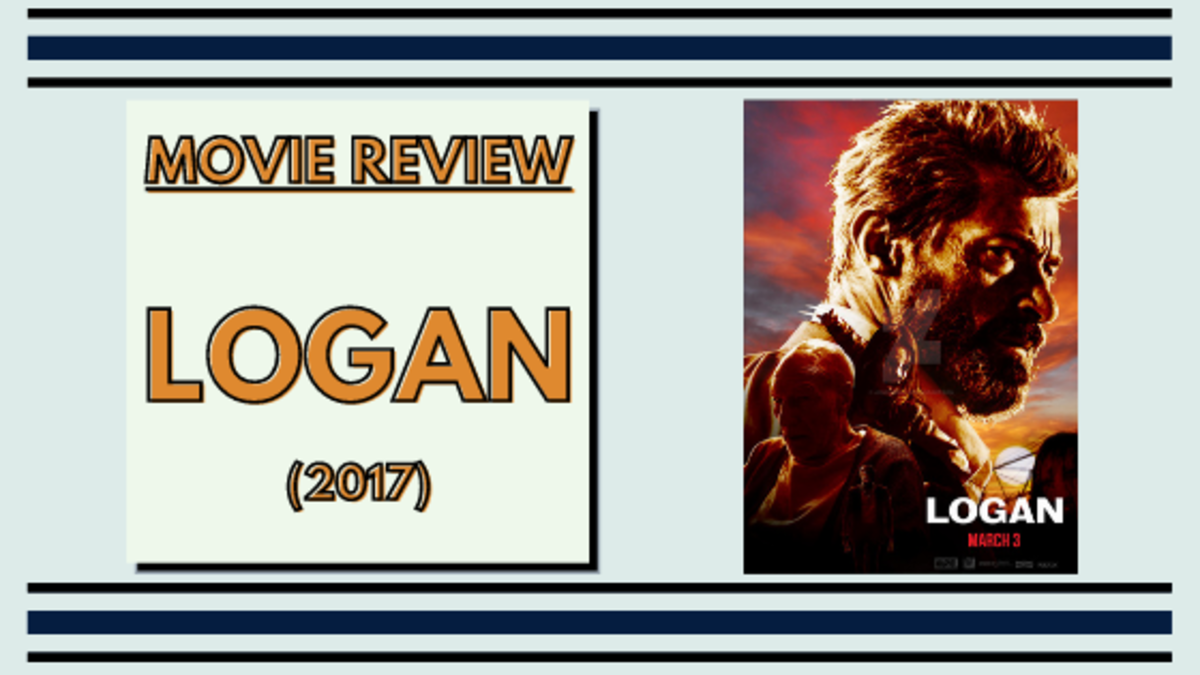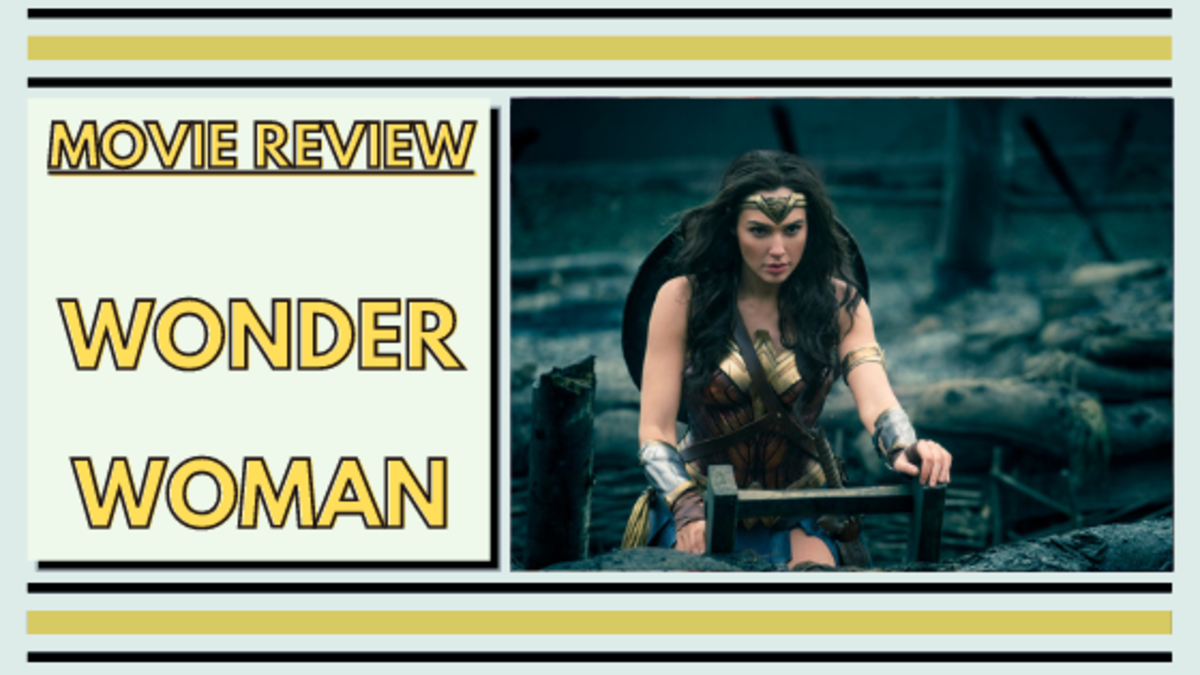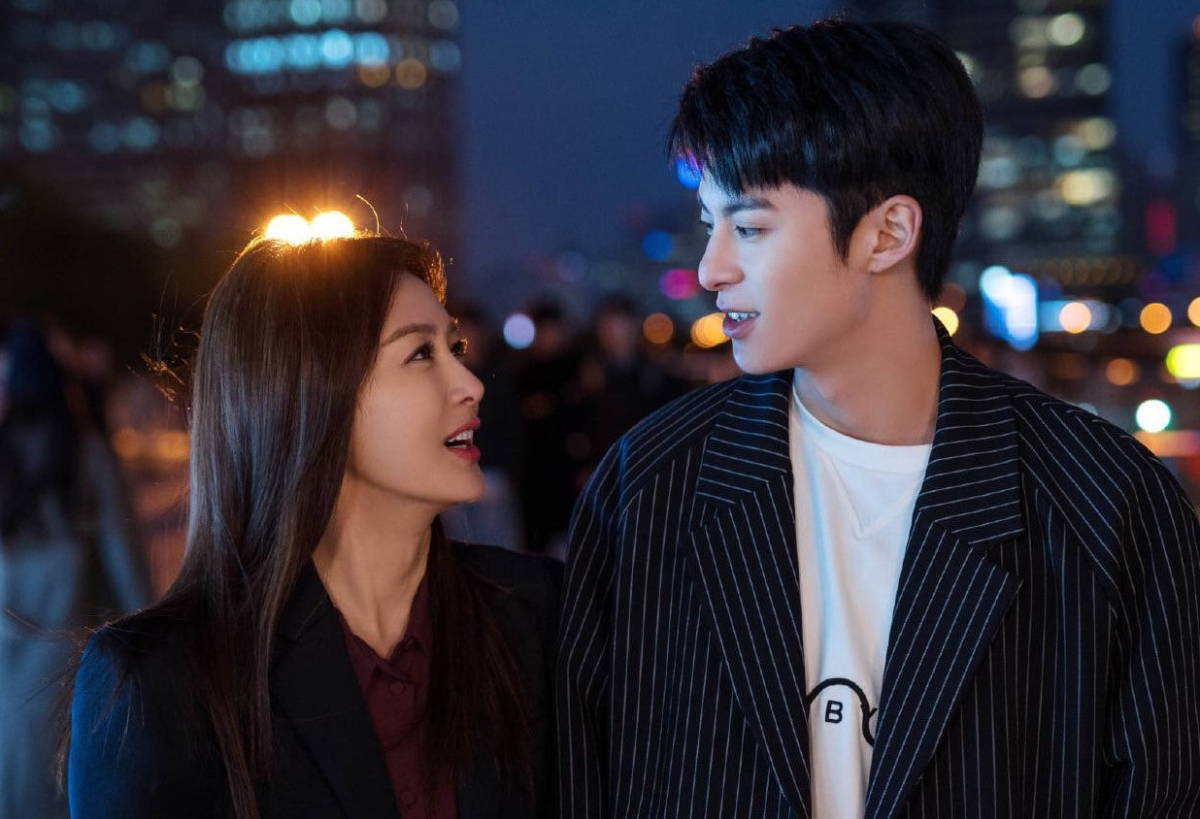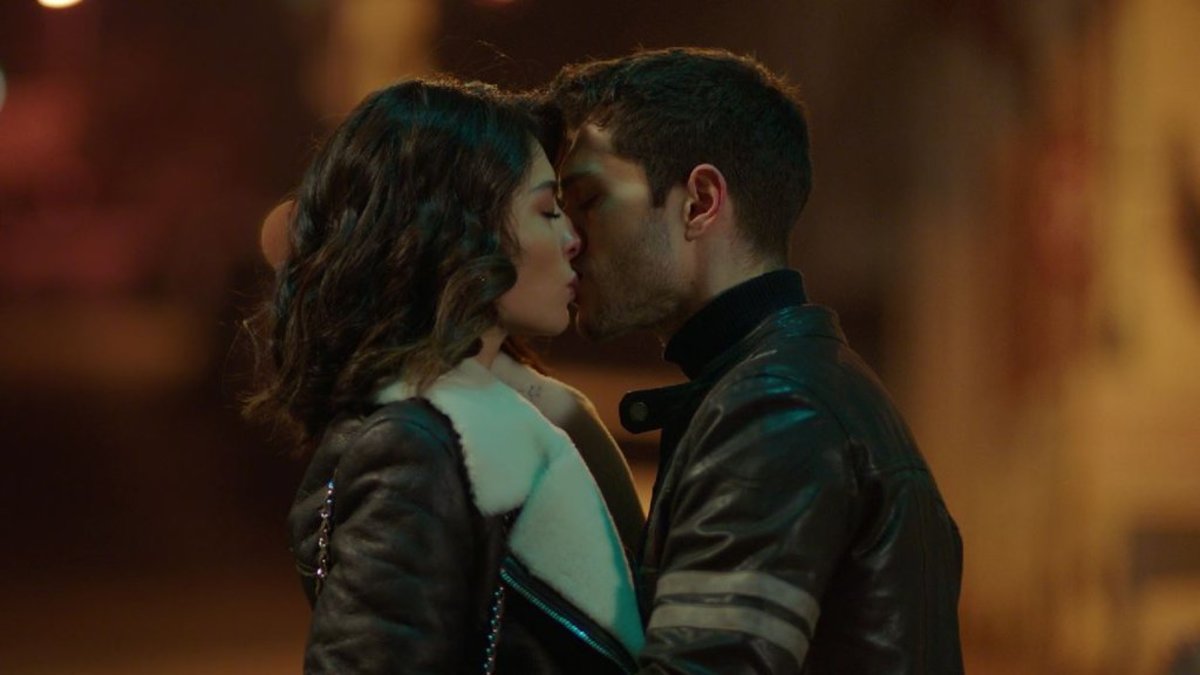Movie Review: 'The Circle'
The Premise of “The Circle”
Imagine if Google, Facebook and every other tech company joined together into one singular interface and tool, seeking to provide everything and do everything. That is “The Circle”, and its attempt to spread into every aspect of our lives and the world is the story in the movie of the same name. It is akin to the Sesame Credit system of China but grows organically instead of being imposed from the top down.

The Strengths of “The Circle”
In the interview, Emma Watson’s character is asked, “Needs of the individual and needs of the society?” Her answer is, “Should be the same”. That’s an excellent lead into the positive intentions that lead to negative outcomes that one ignores, excuses or justifies as things slide downhill.
The truth behind the facade is gently telegraphed by hints like everyone checking on messages and working at all hours.
Tom Hanks plays Eamon Bailey, a Steve Jobs / Mark Zuckerberg combination. He plays it spot on.
Emma Watson is the main character in this movie, Mae. She plays it believably and respectfully.
Imagine the ultimate amalgamation of every Silicon Valley perk and the Circle has it. Then there are some funny ones like “Doga”, yoga with your dog. There are a few light touches of humor to ease up the drama.
In the name of giving people real world, live information, they set up constant feeds and high quality video that no one can find or control. “Sharing is caring” turns into “privacy is theft”, that it is immoral to hide anything from the all-seeing, all knowing network run by people who want to know what you’re doing, whether to sell to you or correct you in according to their views. It escalates to “knowledge is a human right”, someone who now sees it as a moral obligation to share everything in her life at all times. The movie realistically shows how good intentions can lead to erosions of freedom, self-censorship, intense social pressure to conform to someone else’s ideal, to everyone’s loss. The expanding invasive monitoring and social control is logically explained and justified every step of the way.
On-site daycare, laundry, clinic is the next level of the artificial family atmosphere many companies are trying to create. If we make you feel like you don’t have to leave and should never have to leave, then there’s no reason to need to leave to go home and stop working. It also tries to engender dependence and a reinforcing network of relationships and reliance in an effort to recreate the loyalty that’s been lost in the average workplace. That atmosphere is perfectly captured in this movie.
The Problems with “The Circle”
My only major annoyance is that the writers of the movie have the same negative stereotypes of white working class people that most liberals do. Dad is a loving but ignorant and clueless man, a drunk besides. The working class male friend from the neighborhood is a tow truck driver but he’s a weak, beta man. Mae’s character even “gently” insults Mercer by telling him to go away by saying, “Oh, go chop some wood or something.” It is smug elitism even in what is supposed to be a positive portrayal of the main character’s family and crush.
Observations about “The Circle”
In the name of protecting human rights and catching terrorists, they want to be able to know everything that goes on even monitoring places and people who don’t want to be. It is the assumption “if you aren’t breaking the law, you have nothing to hide”. Do you want them to have your search history, medical records, private thoughts made public though you may be punished by shunning or physical violence by liberal bullies who do not tolerate dissenting opinions or true facts that run counter to their official narratives. This movie touches on this briefly with Mae’s boyfriend getting death threats for making art out of deer trophies; the movie doesn’t address this issue nearly enough.
Take your company’s Human Resources pushing voluntary health monitors and turn it into a mandatory part of employment, where your managers know how much you’re sleeping and your cholesterol level and can push you to live differently because your medical coverage is paid by the employer. It destroys the public-private boundary. Yet it is presented as a life-saver, especially when they draft the main character’s parents into it, making her more loyal to the company.
The business in “The Circle” advocates tracking every activity of elected officials and pushes it even further by starring a candidate who says it is your right to know everything I’m doing. This sounds great until they use it to manipulate government officials. Then you get the logical combination of “all our members should vote” and “you have to sign up with our service to vote”.
As an industrial engineer with experience in IT, I’ve seen people live and die professionally by metrics. It alters behavior, though the intent of metrics is to make someone’s behavior shift entirely for the better. Your participation rank measures how much activity you have at work, gamifying your participation in company extracurriculars and creating a competition to see who can outdo each other in networking and participating with other staffers. Imagine the evening activities at the community center in “1984” going from negative criticism if you don’t do it to positive reinforcement if you do it and social pressure to do so. That is the insidious risks we take if we use social media ranking to affect one personally as well as professionally.
The movie had a moment where it was totally unaware of its biases though it was completely in character with the movie. The President of Circle capitalized on a death to say we need to have the troubled closely monitored and surrounded, defined in part as those who won’t join the organization. This mirrors the liberal belief that those who don’t join them are stupid, crazy or evil, but I don’t think the writers of the script realized how this belief was embedded or telegraphed by the movie.
Summary
This movie shows what Dr. Jordan Peterson calls a maternal dystopia, an all-seeing, all-knowing, all-encompassing state with the desire for total control over everyone doing it in the name of love, kindness, compassion. In short, it is totalitarian supervision and control wrapped in a mantle of warm fuzzies as if that makes it all OK. It delivers on its premise and promise flawlessly. That makes “The Circle” a near-future dystopia in the making based on trends already underway. Five stars for this very realistic early dystopian movie.
© 2017 Tamara Wilhite

